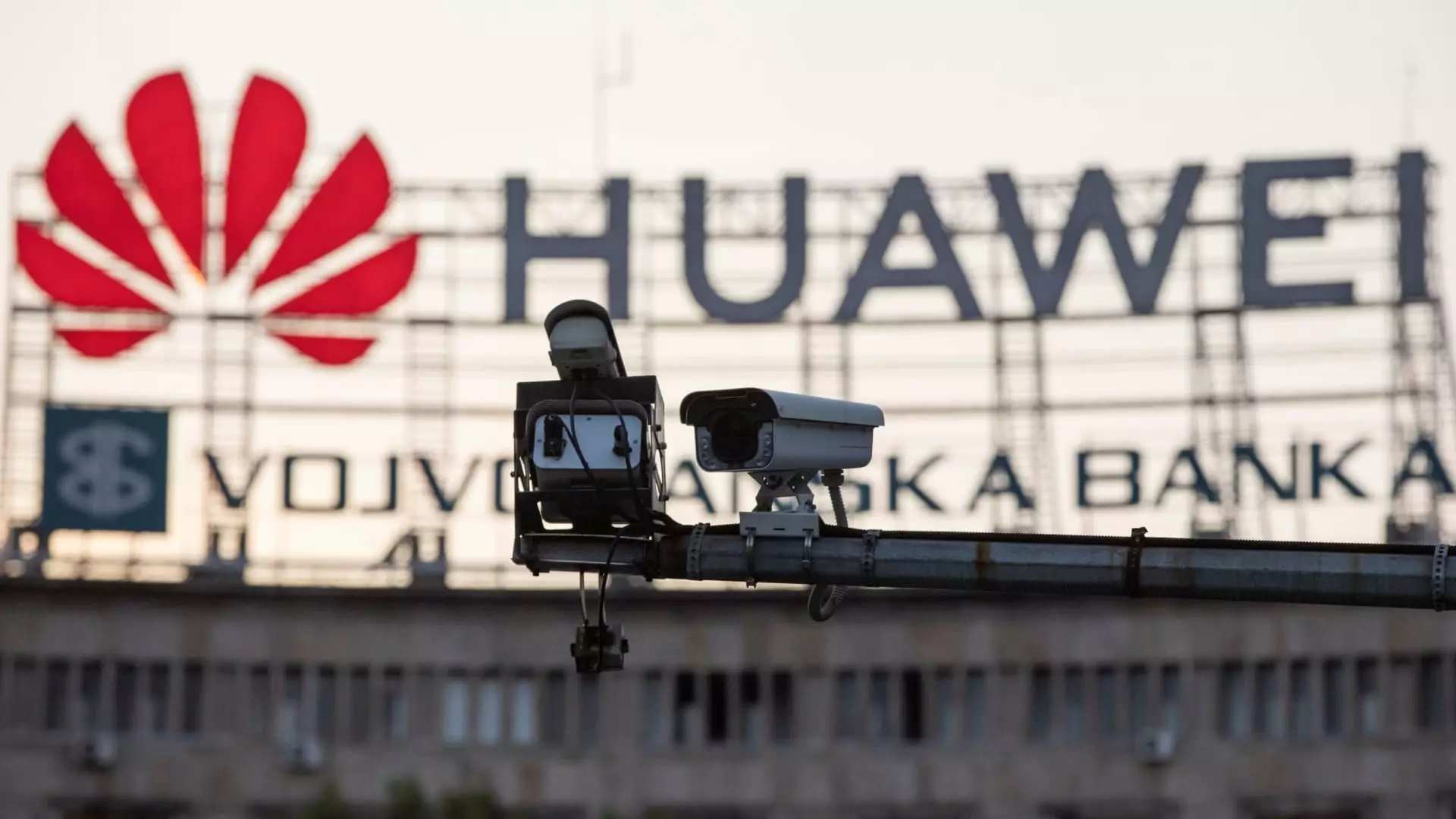In a recent development, the Biden administration has made the decision to revoke eight licenses that allowed certain companies to ship goods to Huawei, a Chinese telecoms equipment giant. This move is part of an effort to exert pressure on the resurgent company. The Commerce Department, responsible for overseeing U.S. export policy, shared that certain licenses had been revoked, without disclosing the names or numbers of affected suppliers. Notable companies like Qualcomm and Intel were among those impacted by these license revocations. This decision comes as a direct response to an inquiry by Republican Congressman Michael McCaul, shedding new light on the measures being taken to thwart Huawei.
According to a document prepared by the Commerce Department, licenses for Huawei covered items like exercise equipment, office furniture, and low-technology components for consumer mass-market products such as touchpad and touchscreen sensors for tablets. These items are readily available in China from both domestic and foreign sources. Despite these revelations, neither Huawei nor Qualcomm provided comments on the situation, while Intel chose to decline. The House Foreign Affairs Committee, chaired by Michael McCaul, is currently reviewing the data provided by the Commerce Department.
Huawei, which faced trade restrictions in 2019 over national security concerns, has been trying to regain its footing in the market. Despite Washington’s efforts to impede its progress, Huawei has witnessed a resurgence in various sectors. A notable example is the spike in smartphone sales following the release of a new phone powered by a chip from Chinese chipmaker SMIC. Additionally, Huawei’s smart car component business has contributed to its fastest revenue growth in four years.
The crackdown on Huawei comes in response to pressure from Republican hardliners in Congress who have advocated for stricter measures against the company. This push intensified after Huawei unveiled its smartphone powered by a sophisticated chip despite existing export restrictions. The company’s ability to secure licenses worth billions of dollars to continue operations has highlighted the challenges posed by the policy introduced during the previous administration, which allowed a wider range of items to be supplied to Huawei.
The Commerce Department also provided data on the approval of licenses for dealing with Chinese entities on the entity list. From 2018 to 2023, approvals amounting to $335 billion were granted out of a total of $880 billion worth of applications. Notably, $222 billion worth of approvals were issued in 2021, marking President Biden’s first year in office. This information underscores the financial implications and scope of the licenses granted to companies involved with Huawei.
The Biden administration’s actions against Huawei reflect ongoing efforts to address national security concerns and counter the company’s resurgence in the market. The revocation of licenses, coupled with political pressures and financial approvals, paints a complex picture of the challenges faced in dealing with entities like Huawei amidst evolving geopolitical tensions.


Leave a Reply